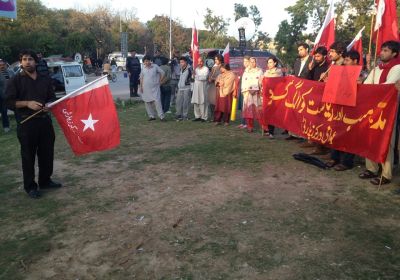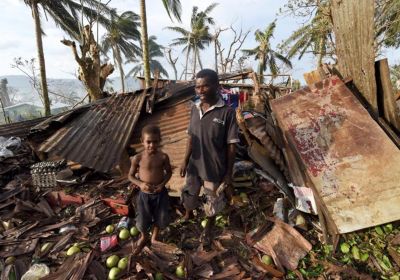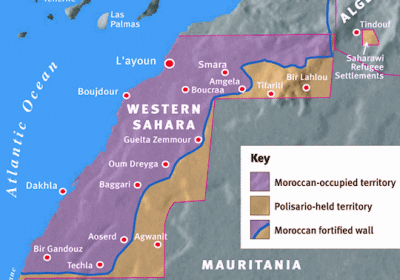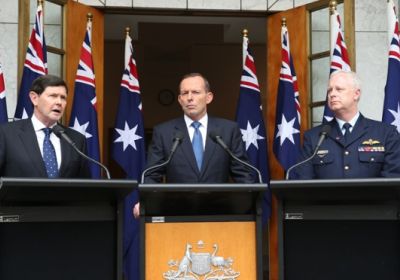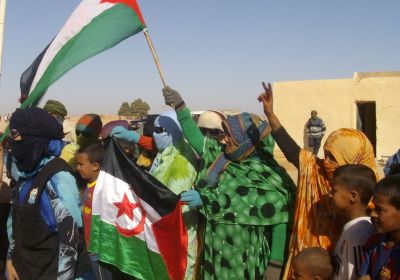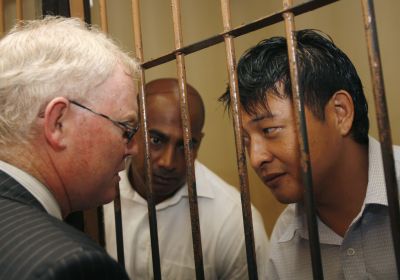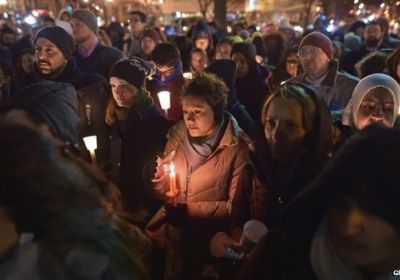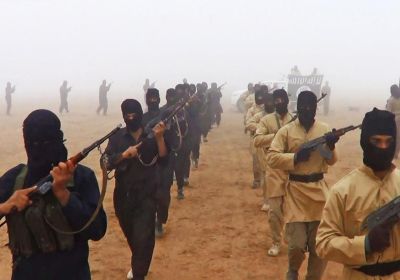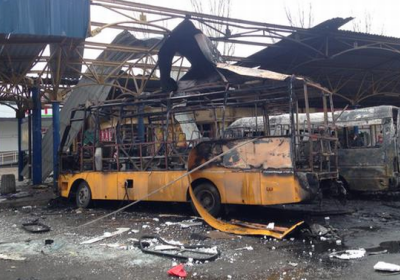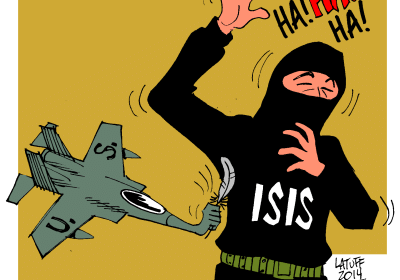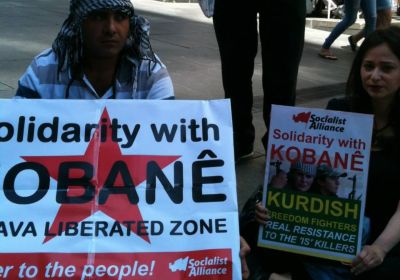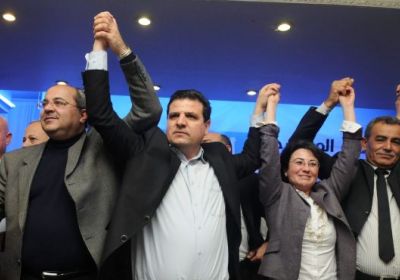
Israelis voted for the status quo in elections on March 17. The ruling Likud party and Prime Minister Benjamin Netanyahu were re-elected, as voters endorsed ongoing apartheid and military rule for the Palestinian population.
Israeli Jewish society is itself wracked by economic and social crisis. It is also conflicted by class, gender, religious and ethnic divides. But like all Israeli elections, the campaign was fought over how Israel should relate to its subject Palestinian population.
